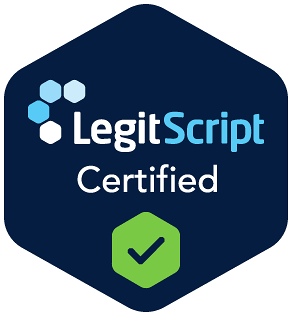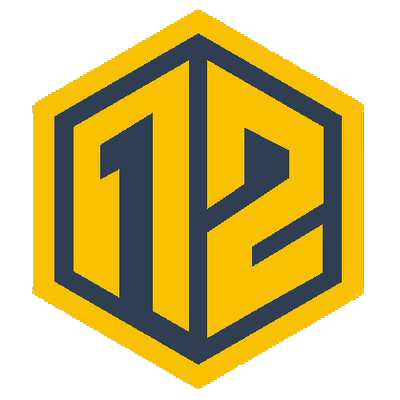Heroin Detox
Heroin Detox & Addiction Treatment


We’re In-Network With
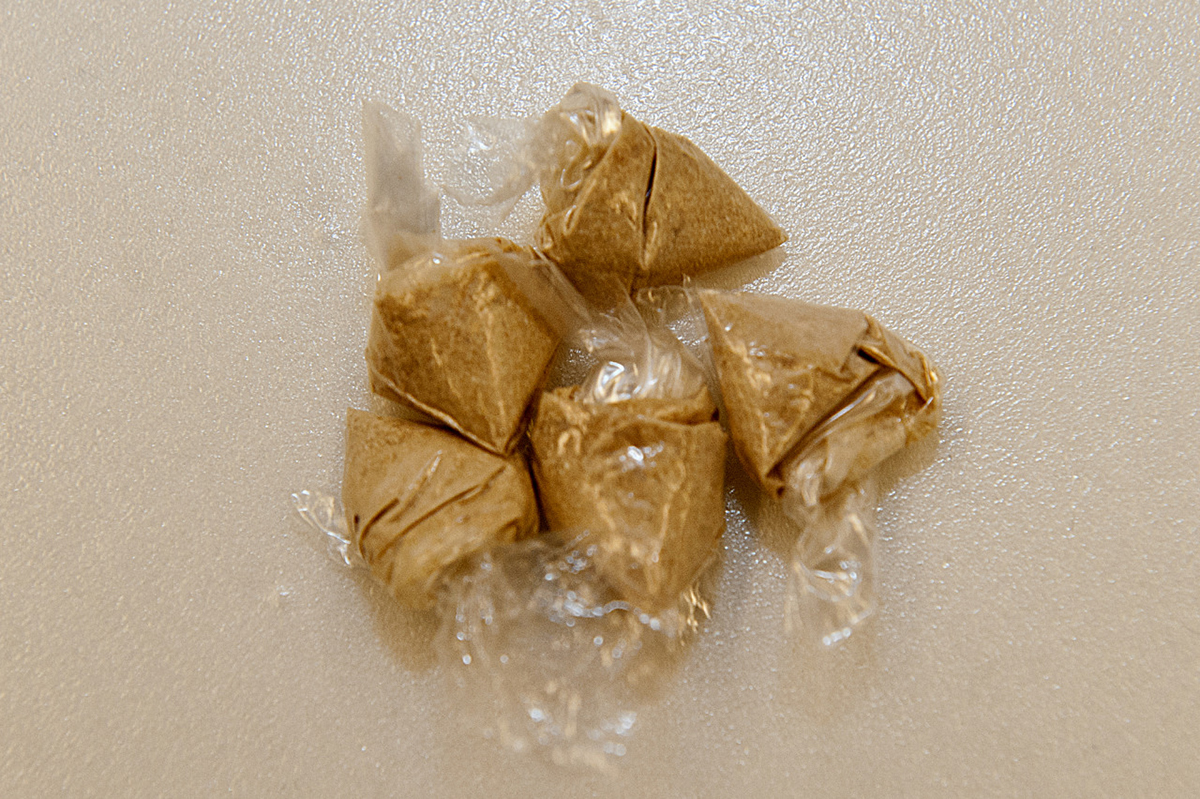
What Is Heroin?
Heroin is an illicit opioid drug that is exceptionally addictive. Heroin is classified as a controlled substance (Schedule I) in many countries due to its high risk of abuse and its not having an accepted medical use. Heroin can be injected, snorted, or smoked. The drug enters the brain quickly, binding to opioid receptors, leading to a feeling of euphoria and pain relief. However, heroin use is associated with numerous serious health risks, including addiction, overdose, respiratory failure, and contracting certain infectious diseases through the sharing of needles. Treatment options for heroin addiction often include medication-assisted therapy, counseling, and support programs.
Street Names:
Smack, H, Tar, Chiba or Chiva, Junk,Brown Sugar, Hell dust, Skag
Mud, Dragon
What Are Different Types of Heroin?
There are various types of heroin, each with its own characteristics. The most common forms are white powder, which is a fine, white powder with a texture similar to baking soda or powdered sugar. Brown powder heroin is another type and is often found in different shades of brown based on impurities or the inclusion of other substances during production. Black tar heroin is a dark, sticky substance with a tar-like consistency. It is typically black or dark brown and has a distinct appearance.
What Does It Look Like?
The appearance of heroin varies based on its form. White power resembles powdered sugar or talcum powder, while brown powder can range from light tan to dark brown, often with a powdery consistency. Black tar heroin is dark colored with a sticky, tar-like texture.
Who Uses It?
Heroin use cuts across various demographics, but it is often associated with individuals facing addiction issues. Users may include people from different socioeconomic backgrounds, ages, and professions. Factors such as stress, mental health issues, or exposure to opioids may contribute to use.
How Does It Make You Feel?
Heroin use induces a sense of euphoria and relaxation. Users often experience a numbing of physical and emotional pain accompanied by a warm sensation. The effects of heroin are short-lived, and repeated use can lead to tolerance and dependence.
How Long Does the Feeling Last?
The euphoric effects of heroin are relatively short-lived, typically lasting a few hours. Of course, the duration varies depending on factors such as the method of use, dosage, and individual tolerance.
Is It Addictive?
Yes, heroin is highly addictive. Regular use of the drug often leads to physical and psychological dependence. That makes it very difficult to stop using without professional help. Addiction is a serious concern associated with heroin use.
Is It Dangerous?
Heroin use is associated with numerous health risks, including overdose, respiratory failure, infectious diseases (due to needle sharing), and mental health issues. The danger is amplified by the illegal and unregulated nature of the drug, making it difficult to ensure purity and safe use.
The use of heroin has significant legal and health consequences, and efforts are made worldwide to address the opioid crisis, reduce drug abuse, and provide support for individuals struggling with addiction. Treatment options for heroin addiction often include medication-assisted therapy, counseling, and support programs.
What Are the Long-term Effects of Heroin Use?
Persistent heroin use can have a range of detrimental long-term effects on both physical and mental health. In terms of physical health, it can contribute to cardiovascular problems and respiratory issues. Additionally, heroin abuse may lead to damage to the liver and kidneys, affecting their functionality. On the mental health front, over time, individuals may develop tolerance, requiring increasing amounts of the drug to achieve the same effects, leading to dependence. Using heroin is also linked to an increased risk of developing mental health problems, including mood disorders, anxiety, and depression. Additionally, chronic heroin use can impair cognitive function, affecting memory, decision-making, and overall cognitive abilities. This can result in a decline in work or academic performance, ultimately reducing your overall quality of life.
Signs & Symptoms of Heroin Abuse
Recognizing the indicators of heroin abuse is crucial for early intervention. Common indicators include:
- Track marks (from injections)
- Pinpoint pupils
- Drowsiness, fatigue, and nodding off
- Unexplained weight loss
- Isolation
- Neglect of responsibilities
- Increased secrecy.
- Unexplained financial problems
- The need for money without a clear explanation
Benefits of Heroin Detox Program
Participating in a heroin detox program is crucial for individuals grappling with addiction. At SoCal Detox, our programs offer a supervised and controlled environment for withdrawal, ensuring safety during this challenging phase. Our professional healthcare providers closely monitor and manage withdrawal symptoms, addressing complications and providing necessary medical interventions. Detoxing from heroin will break your physical dependence on the drug, and you will have clearer thinking and improved cognitive function. Overall, detox programs provide a supportive foundation for a successful addiction recovery journey.
Where Can I Find Help, Treatment, and Support?
Seeking help for heroin addiction is crucial. You can find support and treatment at SoCal Detox. We offer treatment programs that are tailored to your individual needs. With our numerous behavioral and experiential therapies, we are able to provide personalized treatment, no matter what your situation. Heroin isn’t an easy addiction to break on your own. Let the professionals at SoCal Detox help.
How To Pay For Heroin Detox Program
Financing a heroin detox program can be done through various means. Many people use health insurance coverage to pay for part or all of their treatment costs. You can check with your healthcare insurance provider to determine your coverage for addiction treatment. There are also government assistance programs that may provide financial assistance for treatment. Some treatment centers will work with you to pay out-of-pocket costs over a period of time. Remember, deciding to seek help is a crucial step toward recovery, and there are resources available to support individuals on their journey to overcoming heroin addiction. Contact one of SoCal Detox’s experts to learn more about paying for rehab.


